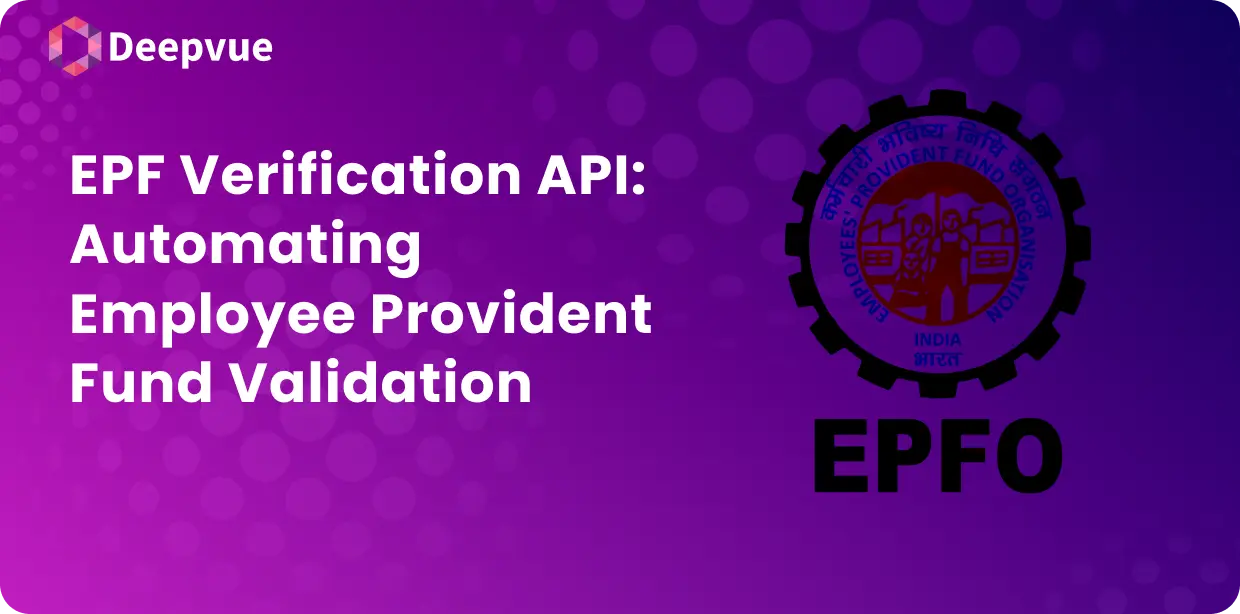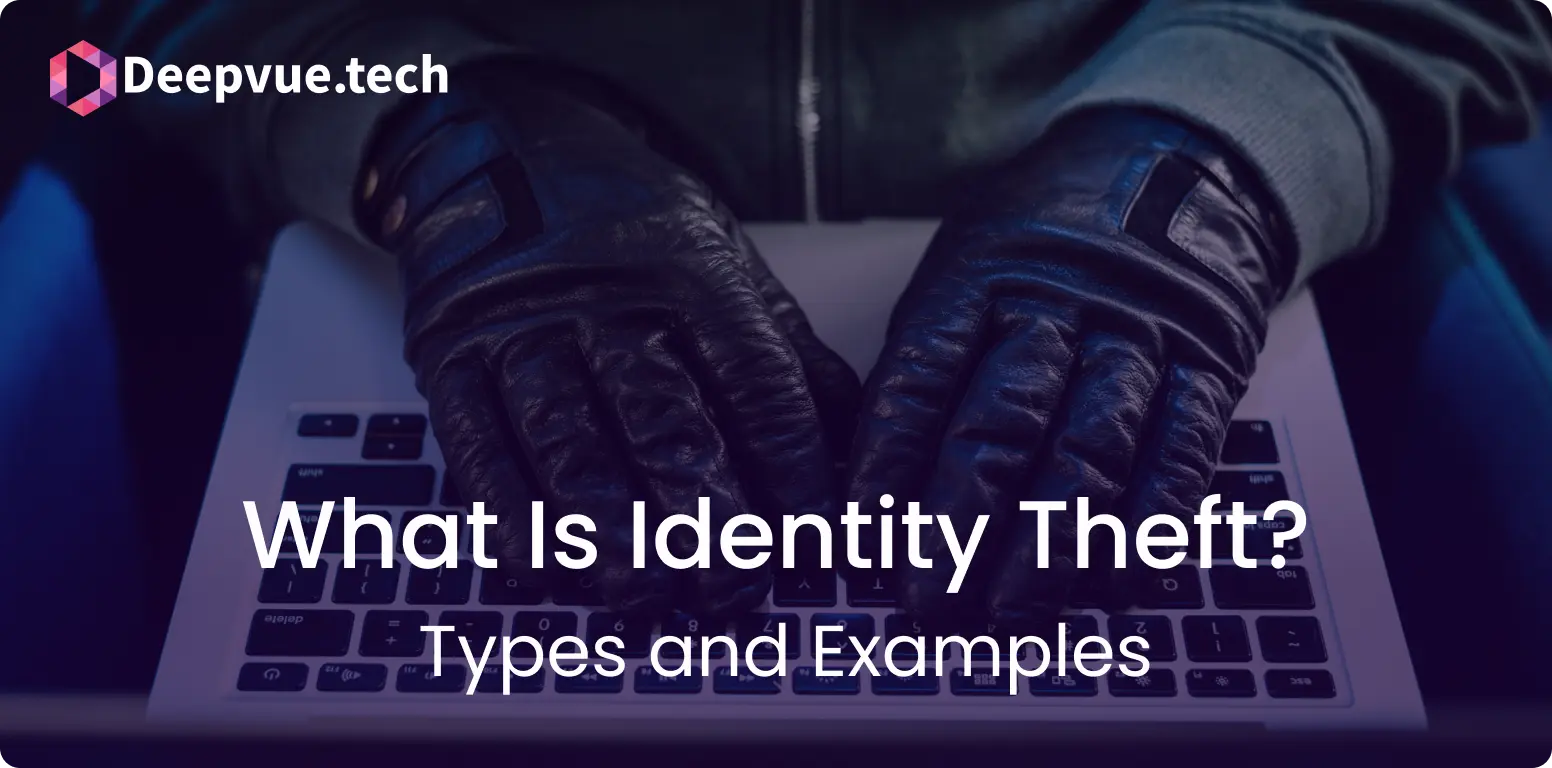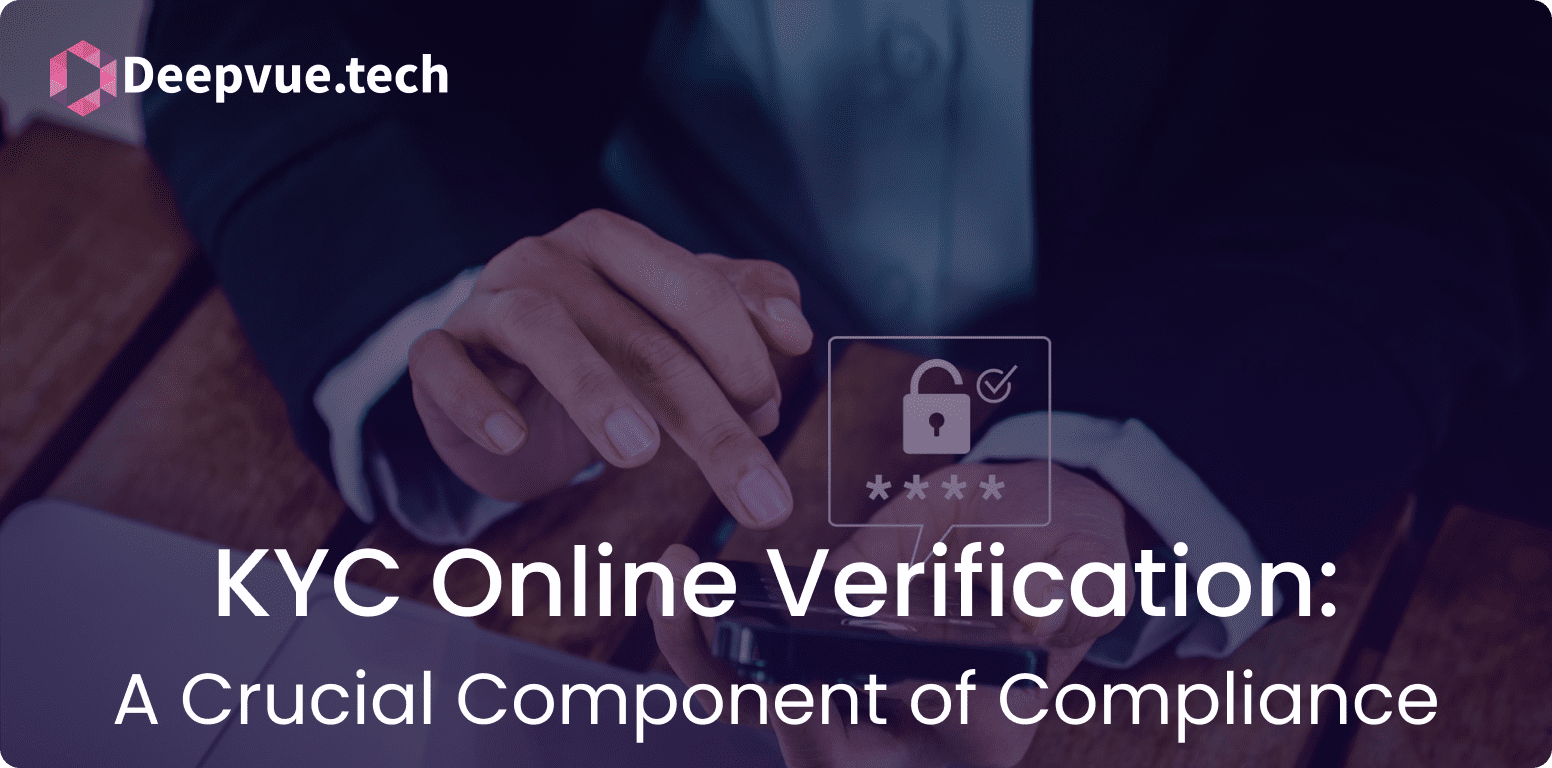In the dynamic world of Fintech, where digital transactions and financial interactions happen at lightning speed, the need for trust and reliability is paramount. One crucial aspect that contributes to this trust is background verification. In this blog, we’ll delve into the why and how of background verification in Fintech, emphasising the importance of reliable information.
Why Should Employers Carry Out Background Screening in Fintech?
Preliminary Steps
A. Define Verification Scope:
Before diving into the details, it’s crucial to define the scope of verification. What information should be verified? Education, employment history, and criminal records are common categories. It’s essential to outline what aspects of an applicant’s background are relevant to your company.
- Determine the Information to Verify
For a comprehensive background check, identify key areas such as education, employment, and criminal history. This step lays the foundation for a thorough vetting process.
- Legal Compliance Considerations
Navigating legal landscapes is critical. Ensure that your verification practices align with privacy regulations, such as GDPR and HIPAA. Being on the right side of the law builds a trustworthy relationship with your clients.
B. Obtain Consent
Respecting privacy is a non-negotiable. Develop clear consent forms that outline the information to be verified and seek approval from the applicants. Always ensure compliance with privacy regulations to protect both your company and the individuals involved.
- Develop Clear Consent Forms: Create straightforward consent forms that clearly state the purpose and scope of the background verification. Clarity in communication is key to gaining trust.
- Ensure Compliance with Privacy Regulations: GDPR and HIPAA are not just acronyms; they are guidelines that protect individuals’ privacy. Make sure your verification process aligns with these regulations to maintain the integrity of the process.
Data Collection
A. Applicant Information
Gathering accurate personal details is the first step in the verification process. Ensure that the information provided by the applicants is complete and reliable.
- Gather Necessary Personal Details: Ask for essential personal information such as full name, address, and contact details. This foundational data is crucial for accurate verification.
- Implement Secure Data Storage: Security is paramount. Implement robust data storage measures to protect the sensitive information collected during the verification process. Encryption and secure servers are your best allies in this endeavour.
B. Source Verification
Once you have the applicant’s information, it’s time to verify its accuracy.
- Educational Background: Contact the educational institutions listed by the applicant to verify degrees and certifications. This step ensures that the academic qualifications match the provided information.
- Contact Educational Institutions: Establish communication channels with educational institutions to verify the authenticity of the academic credentials.
- Verify Degrees and Certifications: Cross-check the degrees and certifications claimed by the applicant with the information provided by the educational institutions.
- Employment History: Validate the applicant’s work history to ensure they have the experience and skills they claim.
- Contact Previous Employers: Reach out to previous employers to confirm job titles, duration of employment, and responsibilities.
- Verify Job Titles, Duration, and Responsibilities: Cross-verify the details provided by the applicant with the information obtained from previous employers.
- Criminal History: While respecting legal limitations, conduct criminal background checks to ensure the safety and integrity of your financial processes.
- Conduct Criminal Background Checks: Engage with reliable channels to check for any criminal history within legal boundaries.
- Adhere to Legal Limitations: Ensure that your criminal background checks comply with legal restrictions to protect both the applicant and your company.
Technology Integration
A. Background Check Platforms
Technology can streamline the verification process. Choose reliable verification services that align with your company’s needs.
- Select Reliable Verification Services: Research and choose background check platforms that are known for accuracy and efficiency.
- Integrate API for Seamless Verification: Integration with Application Programming Interfaces (APIs) ensures a smooth and automated verification process, reducing manual errors and delays.
B. Cybersecurity Measures
Security is not just a buzzword; it’s a necessity in the digital age.
- Encryption of Sensitive Data: Implement encryption measures to safeguard sensitive data from unauthorised access.
- Regular Security Audits: Conduct regular security audits to identify and address potential vulnerabilities in your system.
Verification Process
A. Timelines
Define clear timelines for the verification process to manage expectations and maintain efficiency.
- Establish Verification Turnaround Times: Set realistic deadlines for completing the verification process to ensure timely decisions on applications.
- Communicate Expectations to Applicants: Transparent communication is crucial. Inform applicants about the expected timeline for the verification process, managing their expectations from the start.
B. Communication
Smooth communication is the glue that holds the verification process together.
- Notify Applicants of Verification Process: Keep applicants in the loop. Notify them about the verification process and the steps involved.
- Address Discrepancies Promptly: If discrepancies arise during verification, address them promptly and communicate with the applicants. Transparency builds trust, even in challenging situations.
Quality Assurance
A. Accuracy Checks
Ensure the accuracy of the verification process through cross-verification methods
- Implement Cross-Verification: Cross-check information from multiple sources to minimise the risk of errors in the verification process.
- Quality Assurance Audits: Regularly audit the verification process to identify areas for improvement and maintain a high standard of accuracy.
B. Continuous Monitoring
Background verification is not a one-time event; it’s an ongoing commitment.
- Regularly Update Verification Protocols: Stay ahead of the curve by updating verification protocols to adapt to changing circumstances and emerging threats.
- Stay Informed About Legal Changes: The legal landscape is dynamic. Stay informed about changes in privacy regulations and adjust your verification practices accordingly.
Compliance and Legal Considerations
A. Privacy Regulations
Privacy is not just a policy; it’s a commitment to respecting individuals’ rights.
- GDPR Compliance: Adhere to the principles of GDPR to safeguard the privacy and rights of individuals.
- Data Retention Policies: Define clear data retention policies to ensure that information is stored only for as long as necessary and in compliance with regulations.
B. Anti-Discrimination Measures
Ensure fairness and equality in the verification process.
- Ensure Fair and Unbiased Verification: Implement measures to ensure that the verification process is fair and free from discrimination.
- Guard Against Discriminatory Practices: Regularly assess and update your practices to guard against any unintentional discriminatory elements in the verification process.
Reporting
A. Comprehensive Reporting
Compile verification results into comprehensive reports for informed decision-making.
- Compile Verification Results: Gather verified information into a cohesive report that provides a clear picture of the applicant’s background.
- Present Clear and Understandable Reports: Make reports easily understandable, ensuring that decision-makers can quickly assess the verified information.
Conclusion
A. Recap Importance of Background Verification
In the fast-paced world of Fintech, where trust is currency, background verification plays a pivotal role in ensuring the reliability of individuals involved in financial transactions.
B. Emphasise Continuous Improvement
Continuous improvement is not just a goal; it’s a mindset. Emphasise the importance of staying vigilant, adapting to change, and continuously improving the background verification process to maintain trust and integrity.
In conclusion, a well-executed background verification process in Fintech is not just about ticking boxes; it’s about building a foundation of trust that allows for secure and reliable financial interactions. By following these steps and embracing a culture of continuous improvement, Fintech companies can navigate the complex landscape of background verification with confidence and integrity.
FAQ
Why is background verification important in the fintech industry?
Background verification is important in the fintech industry to ensure that financial professionals have the necessary qualifications, do not have any past conduct that would make them a risk to clients, and to protect fintech companies from liability and reputational damage.
What are the primary reasons why fintech companies prioritize identity verification?
The primary reasons why fintech companies prioritize identity verification are to combat fraud and ensure regulatory compliance, specifically with regulations like Know Your Customer (KYC) and Anti-Money Laundering (AML).
What are the consequences of not conducting a background verification in fintech?
The consequences of not conducting a background verification in fintech can include increased risk of fraud, money laundering, reputational damage, legal liability, difficulties in complying with regulatory requirements, and potential sanctions from government agencies.
What role do background checks play in regulatory compliance for fintech companies?
Background checks play a crucial role in regulatory compliance for fintech companies by helping them verify the identity of customers, employees, and partners, as required by regulations like KYC and AML to prevent financial crime and ensure transparency in financial transactions.








